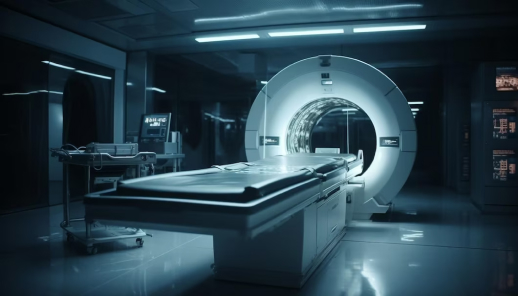The length of your exam will depend on what is ordered by your doctor, or the body part of interest.
In general exams will take 45–60 minutes and up to 2 hours for speciality exams.
For more detailed information regarding the length of your exam, please call the scheduling department at 07 4181 0200
On average, brain and spine exams may last about 45 minutes. If the exam includes contrast, study may take up to 15 minutes longer.
Body exams may take up to 45–60 minutes. For body exams, it is important to follow the breathing instructions given to you for good quality reading.
Cardiac MRI, due to the physiological function of the heart, along with natural breathing motion, may take an hour and a half to two hours.
An average knee, ankle, hip, elbow and wrist exams may take 25–45 minutes long. One of the factors these exams depend on, is the length of the anatomy of interest. For example, an MRI scan of the thigh-bone (femur) will most likely take longer than a routine knee exam.
Breast imaging exams may take about 45 minutes to an hour. If Breast Biopsy is required, the exam might take up to 1 hour. Some factors that affect the time of the exam are the shape and size of the breasts. Most breast exams will require the use of a contrast injection.

